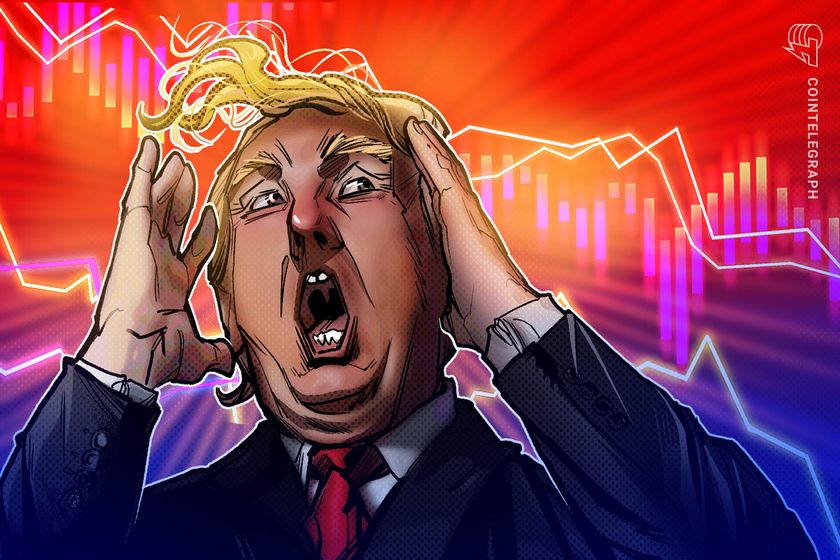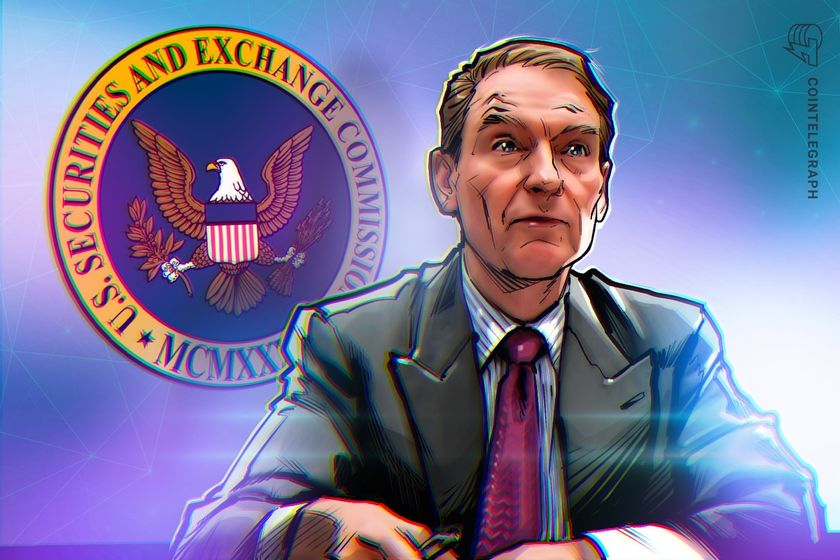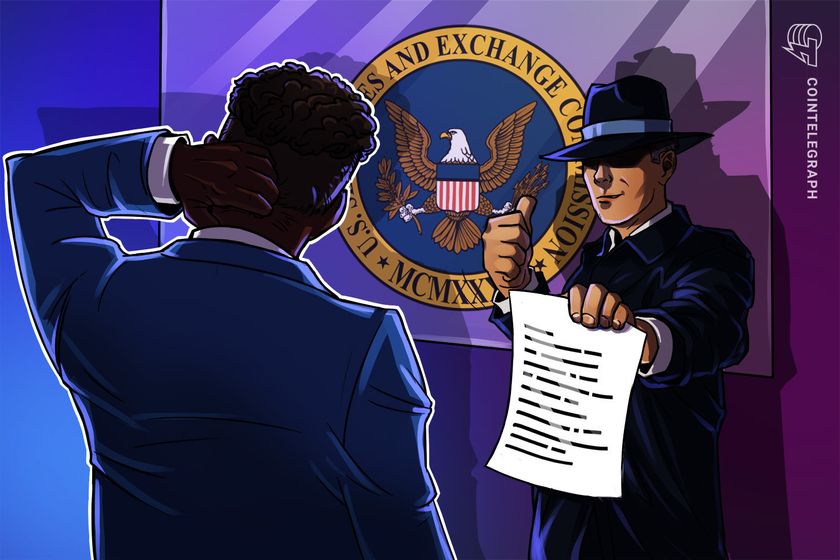In a 35-15 vote, the House Financial Services Committee approved the Financial Innovation and Technology for the 21st Century Act.
Newsletter
Last week, the United States took a step closer to regulatory clarity for its crypto industry. In a 35-15 vote, the House Financial Services Committee (FSC) approved the Financial Innovation and Technology for the 21st Century Act. The bill is intended to establish rules for crypto firms on when to register with either the Commodity Futures Trading Commission (CFTC) or the Securities and Exchange Commission (SEC).
Meanwhile, the bipartisan Blockchain Regulatory Certainty Act, sponsored by Republican Representative Tom Emmer and Democratic Representative Darren Soto, also passed a vote in the FSC. It aims to set guidelines removing hurdles and requirements for “blockchain developers and service providers” such as miners, multisignature service providers and decentralized finance platforms.
Despite the progression of the acts, several lawmakers refused to support another proposed piece of legislation — The Digital Assets Market Structure Bill. Representative Maxine Waters condemned the bill for too closely heeding the calls of the crypto industry and ignoring regulatory guidance from the SEC.
The U.S. Senate also passed the $886 billion 2024 National Defense Authorization Act. Within the bill, a crypto-related amendment was advanced by a group of senators, including Cynthia Lummis, Elizabeth Warren, Kirsten Gillibrand and Roger Marshall. It will require establishing examination standards for crypto and compel the U.S. Treasury Department to perform a study aimed at cracking down on anonymous crypto transactions. This includes using crypto mixers like Tornado Cash, which are used to make transactions private.
New capital rules for crypto holdings in Canada
Canada’s financial watchdog is proposing changes to its capital and liquidity approach to crypto assets, according to the Office of the Superintendent of Financial Institutions (OSFI). The proposed rules will simplify institutions’ approach to perceived crypto risks, defining four categories of crypto assets and their capital treatment. The OSFI is opening public consultations on two draft guidelines until Sept. 20. One of the guidelines affects federally regulated deposit-taking institutions, such as banks and credit unions, while another addresses the regulatory capital treatment of crypto-asset exposure for insurers.
Russia’s CBDC gets final legal approval
Russia is moving forward with its central bank digital currency (CBDC) as President Vladimir Putin signed the digital ruble bill into law. With this approval, the digital ruble law is officially scheduled to take effect from Aug. 1, 2023, with all but one rule ready to be enforced. Article three — which includes amendments to several Russian federal laws, including those related to bankruptcy and inheritance — is expected to take effect from August 2024.
The new legislation officially empowers the Russian central bank to launch the first CBDC pilot with real consumers. Previously, the government expected to roll out trials in April in collaboration with 13 local banks.
Binance seeks dismissal of CFTC lawsuit
Crypto exchange Binance and its CEO Changpeng “CZ” Zhao requested the dismissal of a lawsuit filed by the CFTC. In a court filing, attorneys for Binance and CZ accused the CFTC of exceeding its regulatory authority and engaging in regulatory overreach. The filing states that the CFTC is attempting to regulate foreign individuals and corporations operating outside the U.S., which goes beyond the limits of its statutory jurisdiction and interferes with well-established principles of comity with foreign sovereigns.
The CFTC initiated a lawsuit against Binance in March, alleging that the company offered unregistered derivatives products in the U.S., including cryptocurrency trading services, futures and options products. The regulator also accused Binance of inadequate supervision, lacking reliable Know Your Customer or Anti-Money Laundering programs, and failing to register as a futures commissions merchant, designated contract market or swap execution facility.




